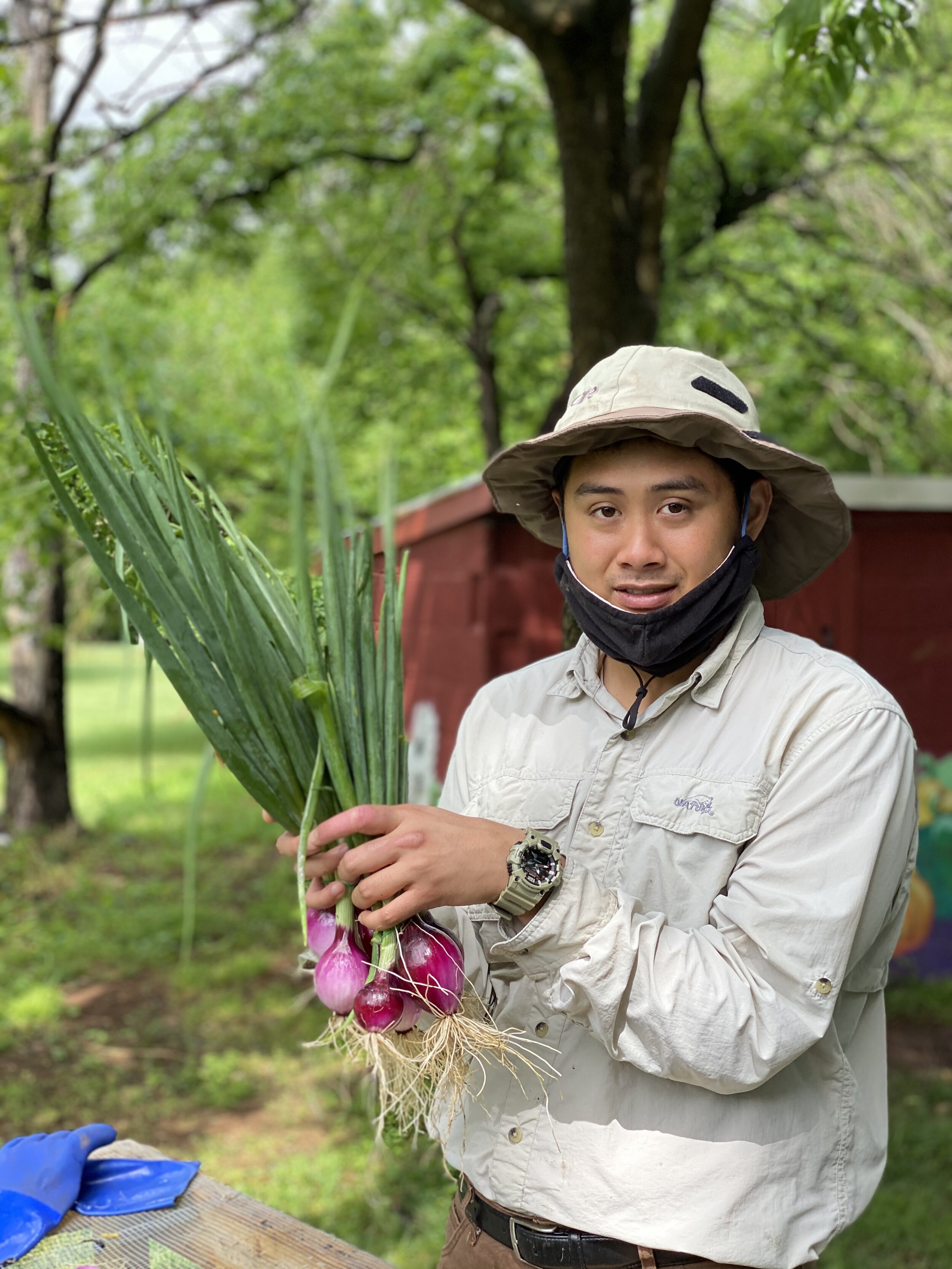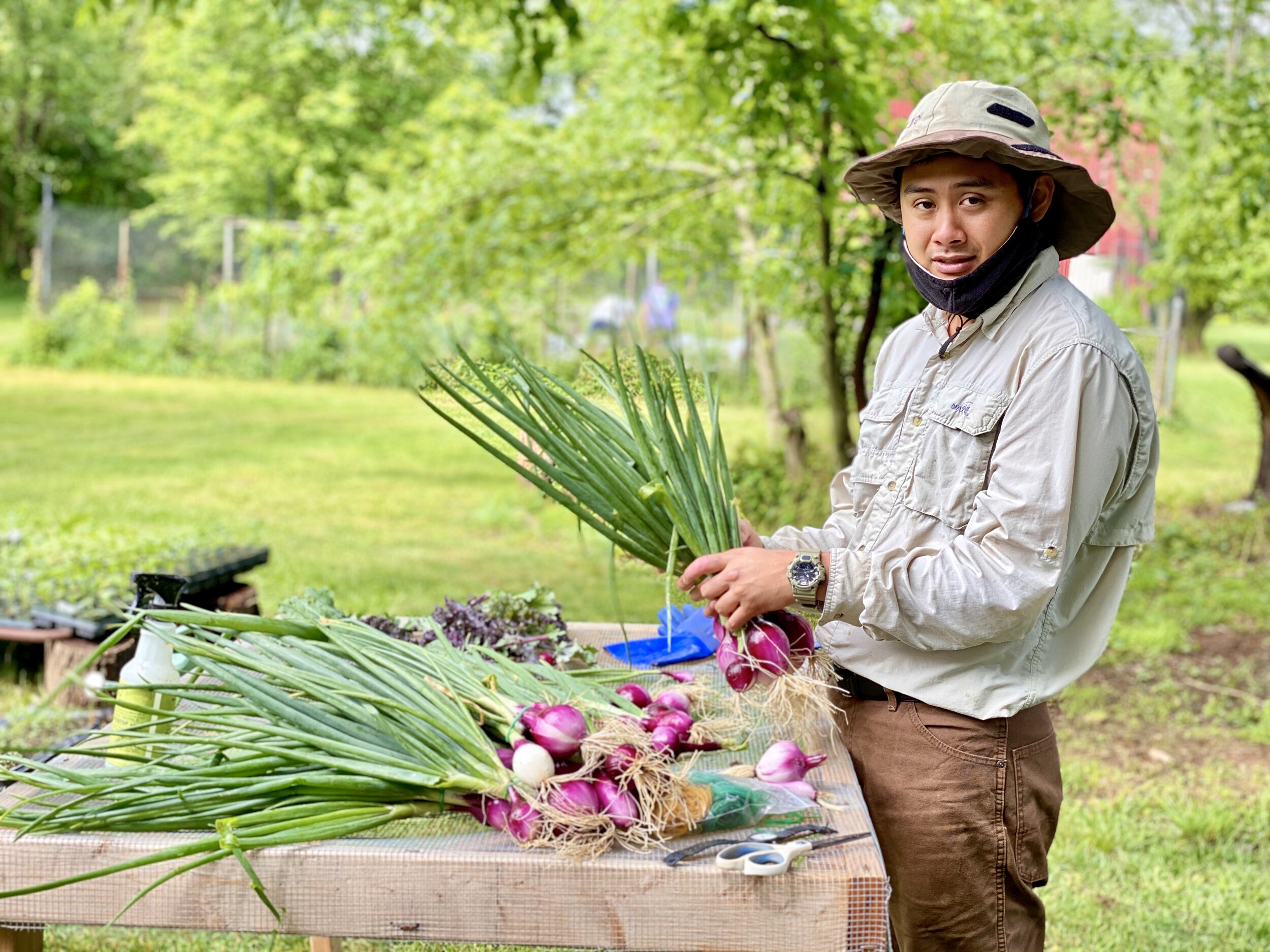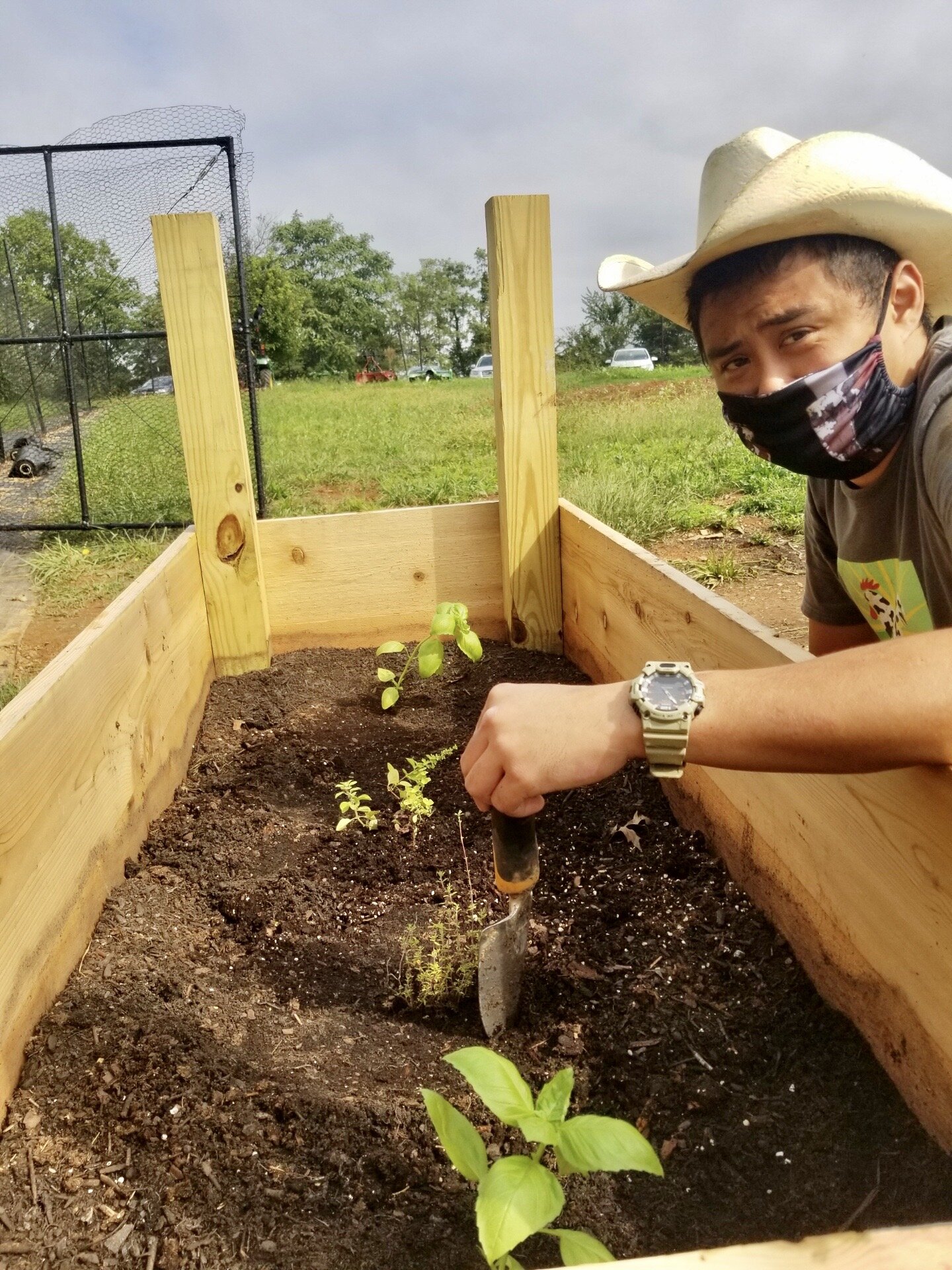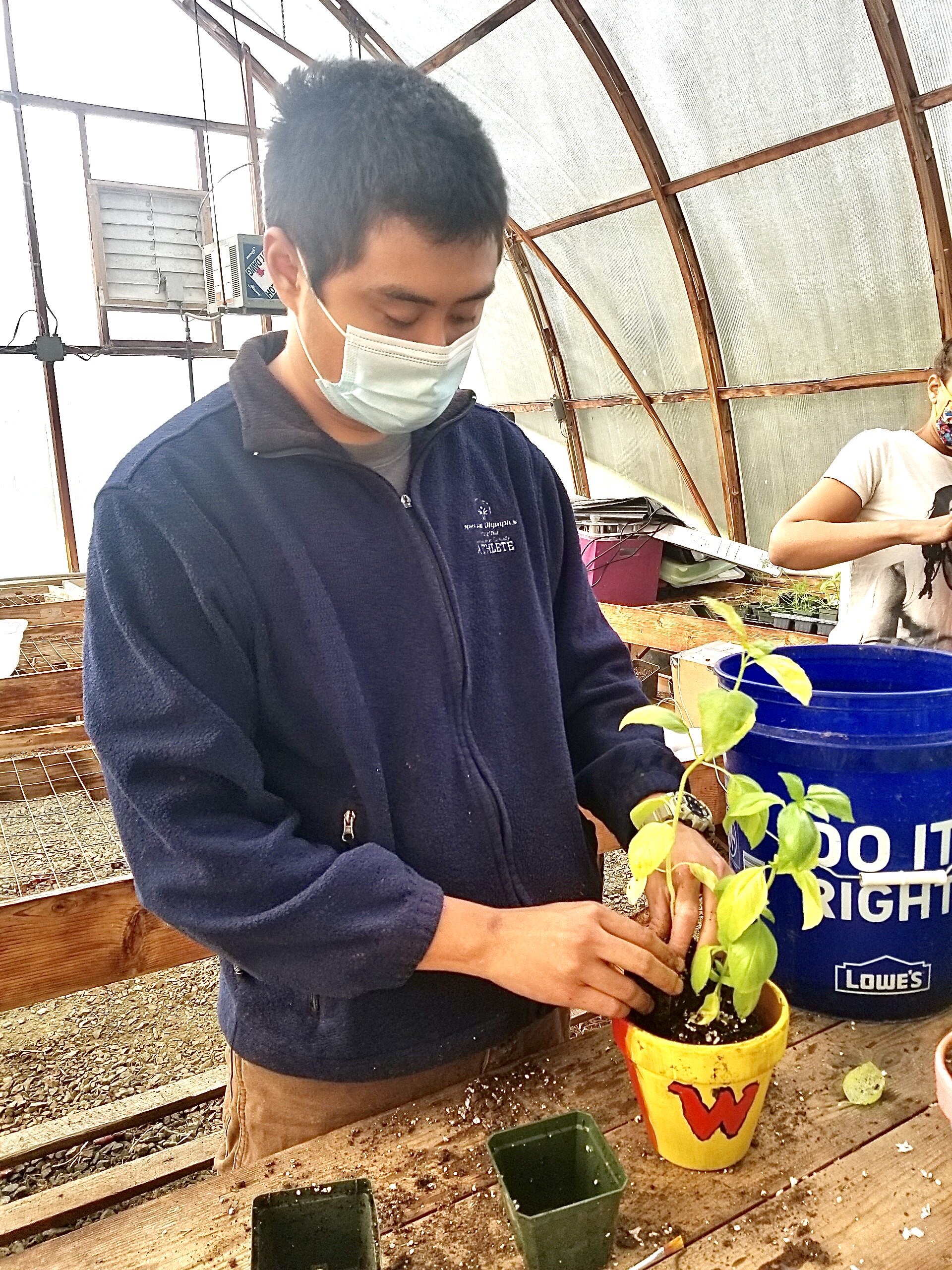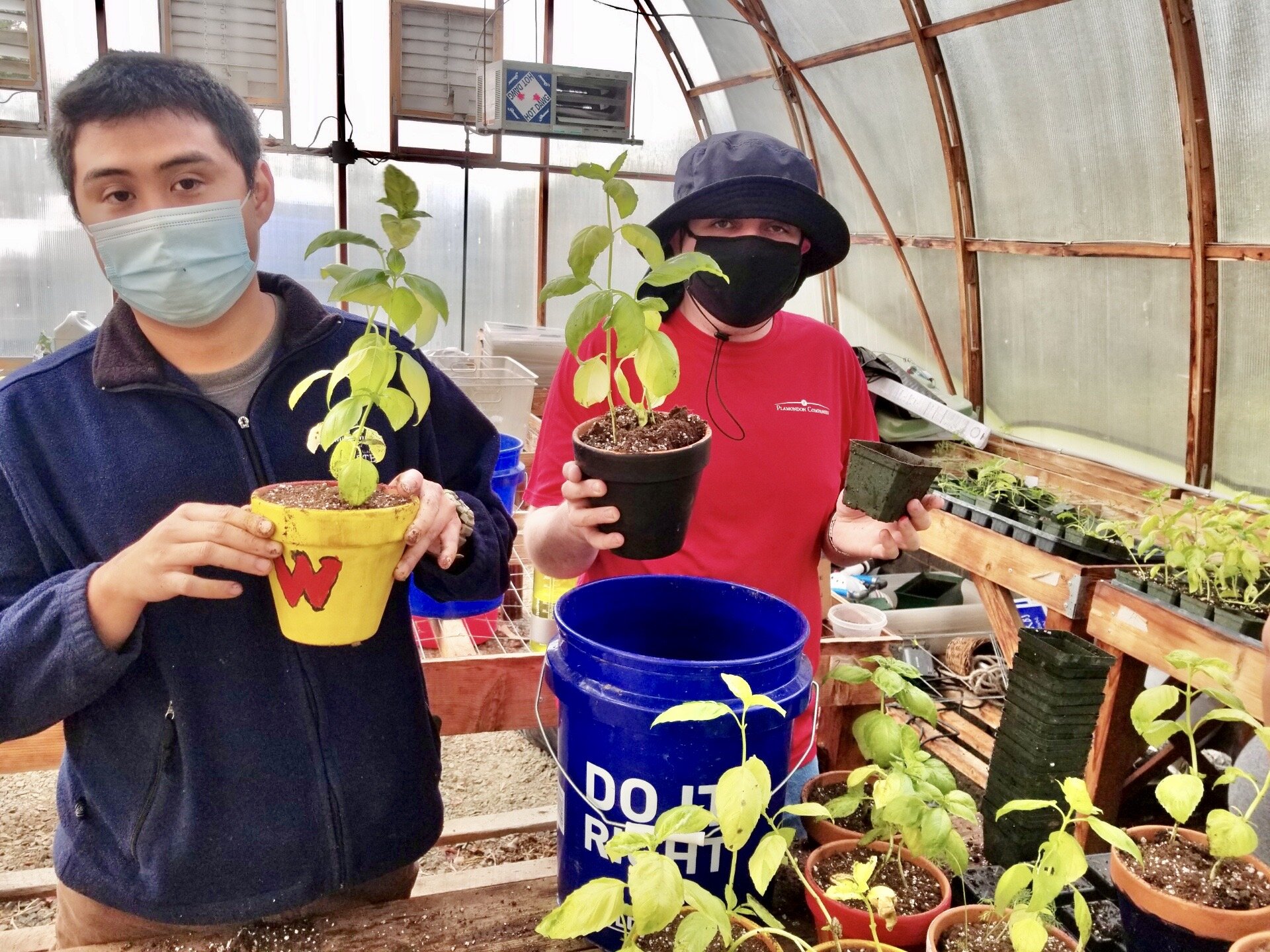Life Imitating Art…Imitating Life
At AFLO, we strongly believe in a good work ethic and try to impart that to our Growers. We also believe in having a little fun and giving our Growers a new kind of challenge. For this challenge, we asked them to help us recreate some famous pastoral works of art.
We call these “AFLO Masterpieces”.
And like many things we do, it’s a little less ordinary. But to us, it’s extraordinary. We hope you enjoy them as much as we did. We will be posting new images across the summer (and sharing on Facebook and via our newsletter) and updating this page on our website.
2023 AFLO Masterpieces
AFLO Haymakers (Original Image) by Meredith, Tim, Jack, Simon, Ashton, & Amanda
AFLO Haymakers (Original Image) by Meredith, Tim, Jack, Simon, Ashton, & Amanda
AFLO Girls Hoeing by Meredith, Ashton, & Amanda
AFLO Girls Hoeing (Original Image) by Meredity, Ashton, & Amanda
AFLO Springtime Break by Ashton & Jonathan
AFLO Springtime Break (Original Image) by Ashton & Jonathan
Haymaking (1864) by Winslow Homer
AFLO Haymaking by Miguel
AFLO Haymaking (Original Image) by Miguel
The Hay Harvest (Spring, April) by Meredith, Ashton, and Amanda
The Hay Harvest (Original Image) by Meredith, Ashton, and Amanda
Cider Making by William Sidney Mount
AFLO Cider Making by Ashton, Dennis, Robbie, Jack, Tim, Rick, and Simon
AFLO Cider Making (Original Image) by Ashton, Dennis, Robbie, Jack, Tim, Rick, and Simon
2022 AFLO Masterpieces
Under the Trees by Meredith L., Dennis M., Kate M., Jack J., and Ian R.
Original Image of Under the Tree by the AFLO Team
The Gleaner by Kate M.
Original Image of The Gleaner, by AFLO
The Road in the Rye, by Dennis M.
Original Image of The Road in the Rye, by AFLO
Farmer with Wheelbarrow, by Emmanuel Vierin
Farmer with Wheelbarrow, by Jack J.
Original Image of Farmer with Wheelbarrow, by AFLO
The Apple Gatherer, by Meredith L.
Original Image of Apple Gatherer, by AFLO
2021 AFLO Masterpieces
American Gothic by Grant Wood
A Temperance Meeting by Winslow Homer
An AFLO Meeting by Tamsen & Ian Rodgers
Song of the Lark by Winslow Homer
Song of the Weed Whacker by Ethan Miller
Farm Men at Work by Clark Lescarbeau and Matt Paolinelli
Ian with a Pitchfork by Ian Pham
Picking Flowers at AFLO South by Kelly Erikson, Riley Olekszyk, and Tamsen McKerley
Picking Flowers at AFLO North by Ian Rodgers, Skye M., and Matthew Paolinelli
The Organizer, by Kate McDowell
The Farmers’ Lunch by Emma, Clarke, and Daniel




















































